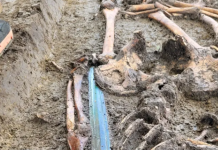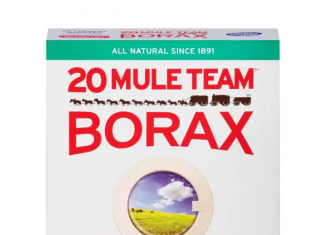The Cincinnati Zoo is now home to an African serval cat that was discovered to have cocaine in its system after escaping at a traffic check, much to the joy of social media fans who are still delighted by the recent release of the comedy “Cocaine Bear.”
Online viewers discussed the silliness of the horror comedy, as the tale of the wild cat gained popularity. The movie parodies the genuine account of a 175-pound black bear that was discovered dead next to a duffel bag and almost $2 million worth of cocaine.
Predictably, the serval has been referred to as “cocaine cat” by social media users.
Regional animal control officers said the skinny cat eluded capture on January 28 when its owner was stopped by the police. It jumped out of the automobile and into a tree.
According to Ray Anderson of Cincinnati Animal CARE, the Hamilton County Dog Wardens received a call at roughly 2 a.m. to the residential Oakley neighborhood.
Serval cats, which can weigh up to 40 pounds, are illegal to own in Ohio. The cat, Amiry, become agitated and fractured its leg during the rescue operation.
Amiry was given medical attention by Cincinnati Animal CARE after which the team conducted a drug test and discovered that Amiry had cocaine in his system.
It’s not the first time that a wild animal at Cincinnati Animal CARE, which serves as the county animal shelter, tested positive for drugs. They adopted Neo, a capuchin monkey, in 2022 after he was found to have meth in his system.
Since that incident, testing exotic animals for narcotics when they arrive at the shelter has become normal practice, according to Anderson.
Before Amiry was given to the Cincinnati Zoo’s care, Anderson confirmed that the cat’s owner gave Cincinnati Animal CARE possession of it.
Servals have gained popularity, and some of them have appeared as pets in TikTok videos.
A serval takes much more care than a house cat, according to Julie Sheldon, clinical assistant professor of zoo medicine at the University of Tennessee.
“There are way better options for pets that are way more safe, economically smart, and sustainable,” said Sheldon.
According to Anderson, Cincinnati Animal CARE takes in roughly 8,000 animals annually. He advised against attempting to keep a wild animal as a pet.
“You could save a whole lot of money and get a really awesome house cat at your local animal shelter.”








